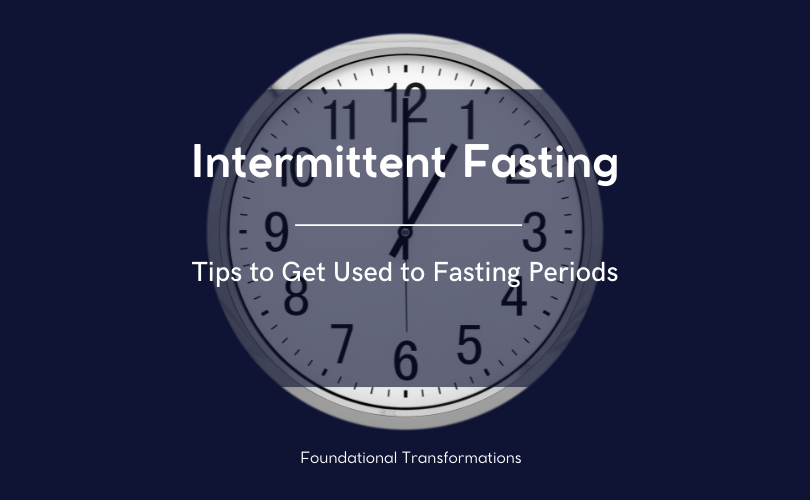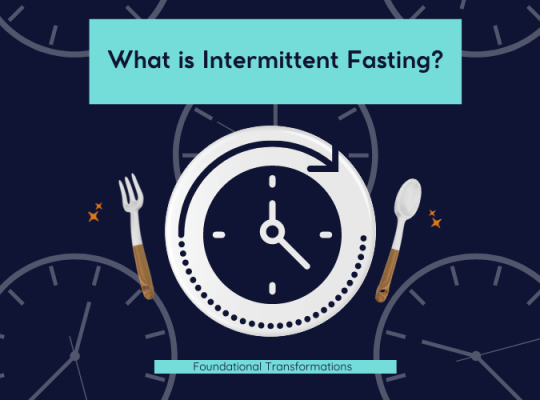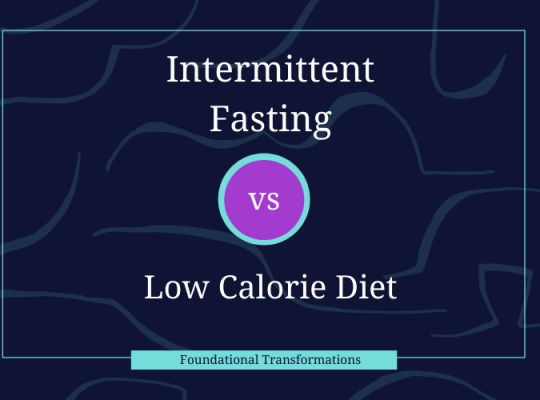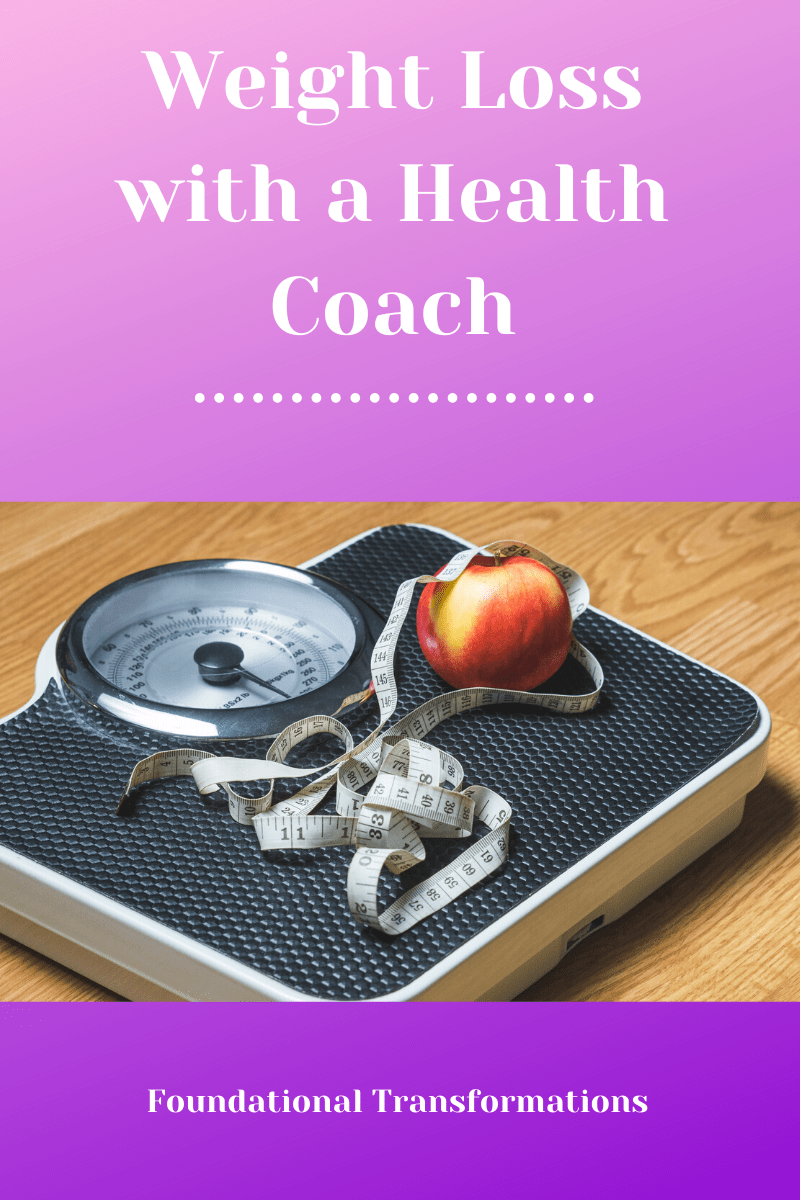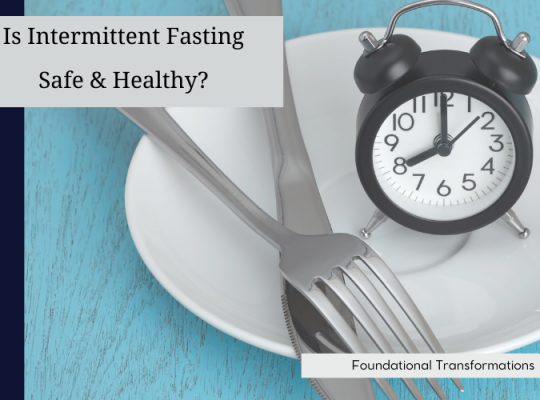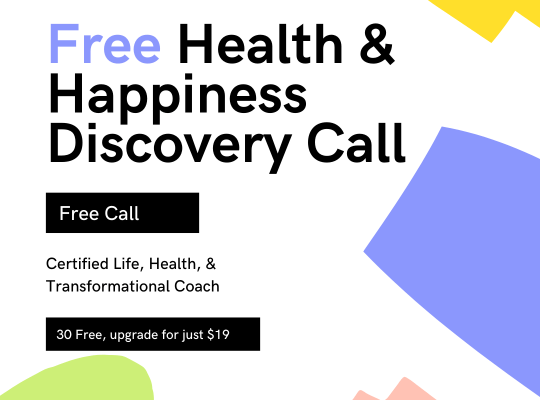Intermittent fasting is a weight loss and healthy living tool. By confining what you eat to specific periods, you can improve your body’s metabolism and lose weight. One of the most common questions people ask about intermittent fasting is how to manage the feeling of hunger during the fasting periods. Here are some intermittent fasting tips to help you get used to the fasting periods of intermittent fasting.
Today’s standard eating pattern is to eat three meals – breakfast, lunch, and dinner. People often snack in between meals too. Many people find it unusual to go more than a few hours without food. However, that’s not how the human body evolved during ancient times. Early humans, as hunters and gatherers, often went long periods without food.
Their bodies developed to efficiently process energy and nutrition when they could find food and stay healthy when they couldn’t. Intermittent fasting helps retrain your metabolism to be more efficient. You can also train your body to get used to the fasting periods.
Researchers and nutritionists offer the following tips to get used to the fasting periods.
Have a Goal
In an article published by researchers at Michigan State University, scientists state that setting a goal is an essential predictor of success. To help keep a positive mindset during fasting periods, you need to have a goal and know why you are using intermittent fasting. Based on scientific research, intermittent fasting may offer the following benefits:
- Weight Loss
- Improved Metabolism
- Increase in Overall Health
Choosing a goal will help you be mindful of the benefits you are working towards during fasting periods.
Chose a Plan
There are different intermittent plans available. Before you start intermittent fasting, decide which plan will work best with your current lifestyle. Chose a plan you feel comfortable with and one you are committed to doing. You may want to start with a plan with shorter fasting periods and change when you are more comfortable not eating.
Doctors from John Hopkins Medical Center and the Mayo Clinic offer these plans:
- 5:2 Plan
- Alternate-Day Plan
- 16/8 Plan
- Eat-Stop-Eat
The 5:2 Plan allows you to eat 500-600 calories two days a week. You can eat as usual the other five days of the week. Although you eat less for two days a week, you are not fasting for long periods.
The Alternate-Day Plan calls for eating 500-600 calories every other day and eating as usual on the opposite days. This plan requires you to eat less every other day but does not require fasting for long periods.
The 16/8 Plan involves eating for eight hours, then fasting for 16 hours each day. People using this plan usually eat later in the day to include lunch and dinner.
The Eat-Stop-Eat Plan calls for fasting for 24 hours once or twice a week. Although you can fast one day a week, it is a full 24-hour time period.
Make Calories Count
During your eating periods, you should focus on eating healthy foods. Studies show that high-calorie, high sugar foods may fill you up quickly, but the effect doesn’t last. To get used to fasting periods, eat foods that take longer for your body to metabolize and help you feel full longer.
In multiple studies, researchers determined what healthy foods help reduce hunger. With this information, doctors at Harvard Medical School created the Healthy Eating Plate. Foods on this list include:
- Vegetables
- Fruits
- Whole-Grains
- Fish
- Poultry
- Beans
- Nuts
All of these foods have overall health benefits, along with helping you feel full.
Get Plenty of Water and Sleep
The U.S. National Academies of Sciences, Engineering, and Medicine have determined that most people need about three liters of water a day. You can drink more water, coffee, and unsweetened tea to help make you feel full when intermittent fasting. And studies published in the National Institutes of Science journal show that lack of sleep can reduce weight loss and encourage overeating.
Your body will need time to adjust to intermittent fasting, especially if you are accustomed to eating throughout the day. Using these science-based intermittent fasting tips can help you get used to the fasting periods.

